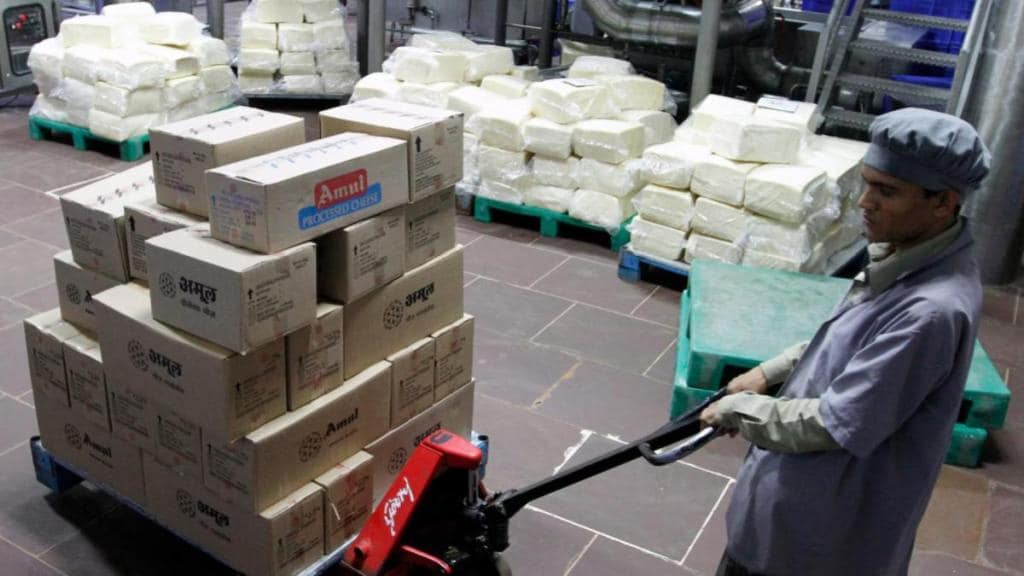Septuagenarian Amul is now the world’s strongest food brand, says Brand Finance’s Global Food & Drinks Report 2024. Amul boasts a Brand Strength Index (BSI) score of 91 out of 100 and an AAA+ rating, according to the report. Its brand value increased 11% over 2023, to stand at $3.3 billion in the 2024 ranking. “Its brand BSI improvement was most visible in terms of the familiarity consideration and recommendation metrics,” said the report.
Amul’s brand strength rating at AAA+ is a distinction shared only with Hershey’s (whose brand value has decreased by 0.5% to $3.9 billion). The latter led last year’s list and now holds the second position. Amul has a close to 75% share in the country’s milk market, 85% share in the butter market and 66% share in cheese.
Ajimon Francis, managing director at Brand Finance India, explains that brand strength is evaluated across more than 35 parameters. These include various aspects of brand development, such as the effectiveness of advertising campaigns, product range, consumer perceptions of quality, social media presence, and web traffic. Additionally, brand equity is assessed through the brand’s sustainability efforts, community engagement, and governance practices. This brand equity must then translate into strong business outcomes, including revenue growth, profitability, and customer loyalty.
Francis notes, “The culmination of 35 such parameters results in a score indexed to 100. Achieving a score above 90 is exceptional globally, with only a few brands like Accenture, Ferrari, Taj Hotels, and Hershey’s reaching such heights. This level of success is the result of years of disciplined brand building and a comprehensive brand strategy.”
Meanwhile, Nestlé remains the world’s most valuable food brand at $20.8 billion (down 7% vis-a-vis last year) while Lay’s has risen to second place, valued at $12 billion. Coca-Cola leads the non-alcoholic drinks market followed by Pepsi at the No 2 spot.
The report noted that the food and beverage sector has experienced a 4% decrease in brand value this year, amounting to approximately $268 billion. Consumers are increasingly gravitating towards smaller, private label brands, seeking distinctive and personalised products over established names, it said.
Convenience foods are also seeing rising brand value due to demand. “These shifts challenge established brands to adapt, while new brands capitalise on changing consumer preferences,” the report stated.


